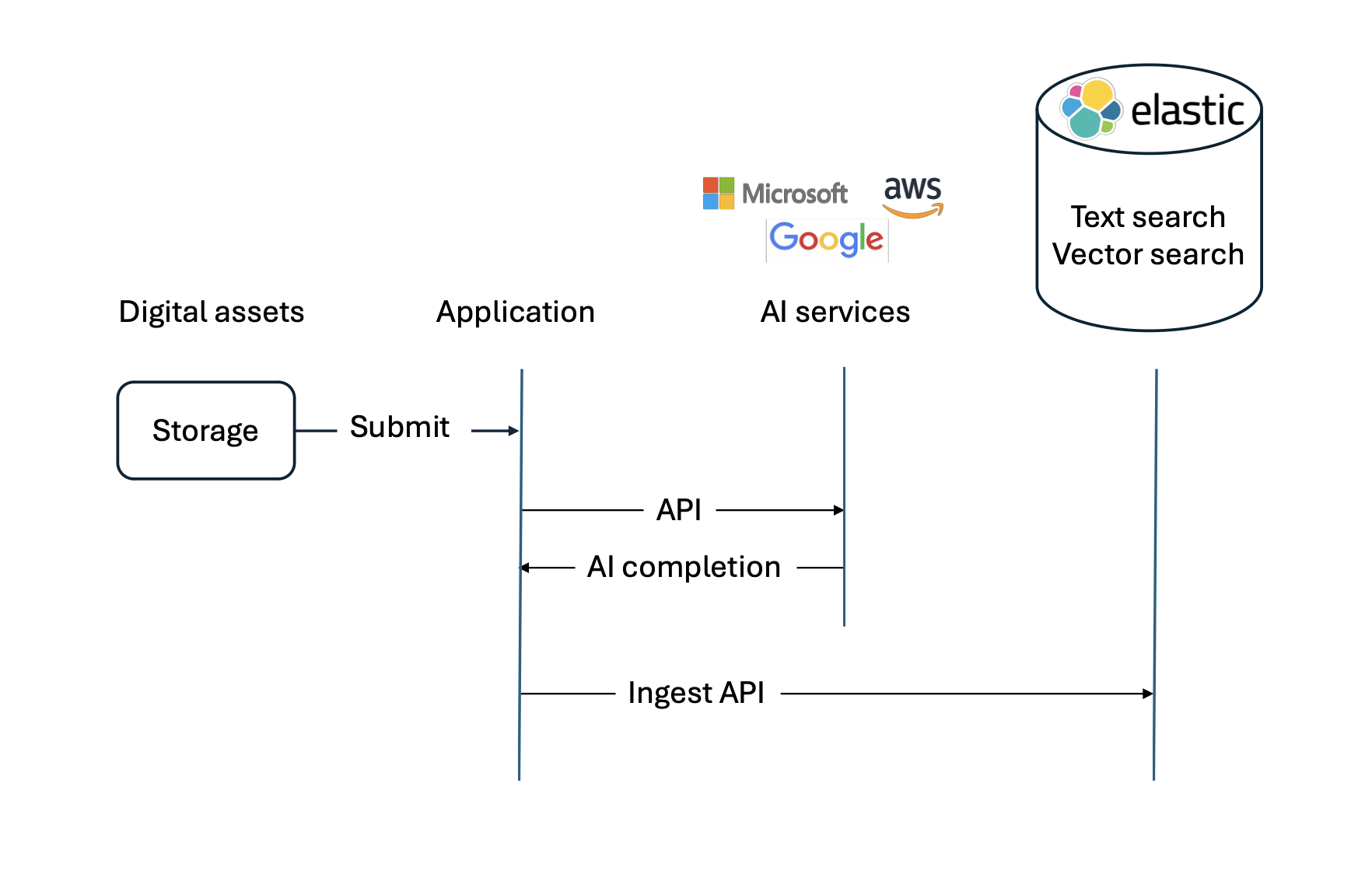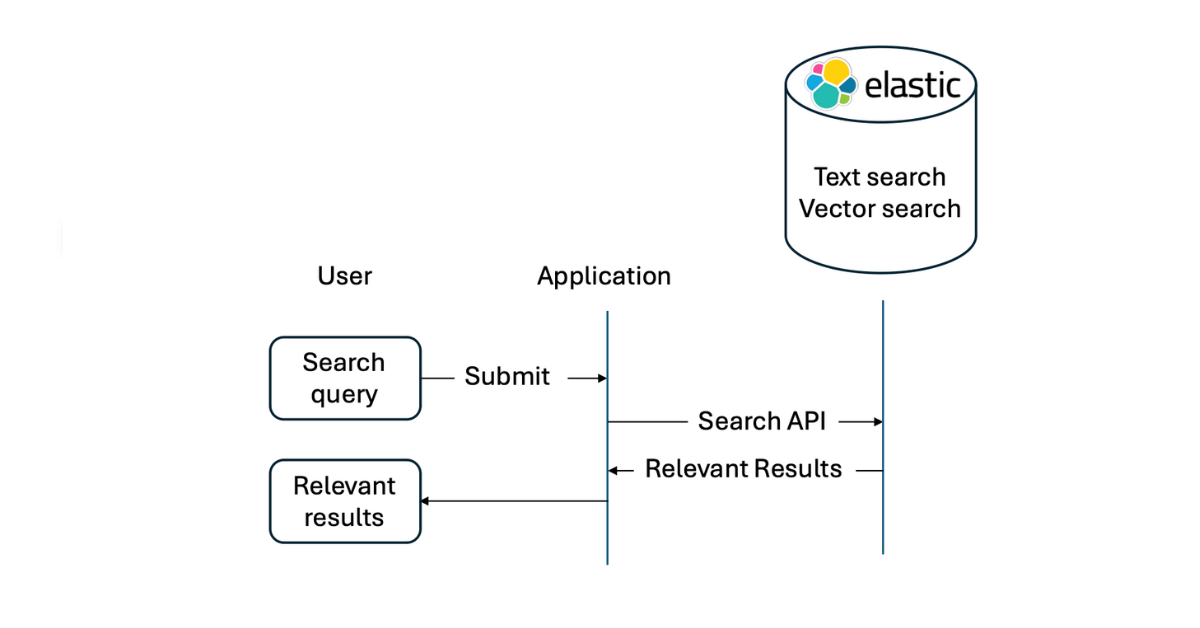
TOP SECRET: HOW ELASTIC IS ADVANCING THE FMCG INDUSTRY
Preliminary Disclaimer: The title “top secret” can be interpreted in various ways. For clarity, we will not be sharing any confidential information from customers or prospects. Instead, we will be highlighting some exceptional and highly valuable use cases that can be achieved with Elastic. Since most people do not realize all that Elastic can do, we are calling these use cases “top secret.”
GENERAL PROBLEM
Many companies and organizations possess large quantities of unstructured data, documents, images, and videos. In the past, this type of information could only be searched and found using full-text search and/or metadata. However, metadata was often not maintained or insufficiently maintained, making information retrieval difficult and very time-consuming.
FMCG (FAST MOVING CONSUMER GOODS) AS A CONCRETE EXAMPLE
Imagine a company that has been maintaining digital assets of product packaging for several decades. Unfortunately, it does not have good metadata for these digital assets, particularly for older product packaging. Now, due to new regulations, the company needs to find out which packaging includes a recycling symbol and which does not, and if so, which symbol is used. This way, the company can determine which packaging needs urgent updates.
Other examples of information that needs to be efficiently searched and found in the fast-moving consumer goods (FMCG) sector include:
- Usage instructions
- Warnings
- Allergen information
- Ingredients information
- Halal/Kosher certifications
- Symbols such as recycling, nutritional scores, FSC, etc.
- Promotional illustrations linked to events such as the Olympics, World Cup, etc.
Depending on the product (food, beverage, DIY, medical), the information that needs to be searched can vary. In any case, without good metadata, finding relevant information is nearly impossible.
THE SOLUTION
With today’s new capabilities, it is possible to search and find information even if the metadata is missing or insufficient. How?
Using machine learning models, searchable information can be extracted from digital assets and then stored in the Elastic (ELK) stack.
Once stored in Elastic, its powerful search functionality can be used to retrieve the information.
The main components of such a solution include:
- The ingest process, where artificial intelligence (AI) is used to extract as much relevant information as possible from the digital assets and then store it in Elasticsearch.
- The Elastic search functionality, which allows searching and finding within that relevant information.
Both components are further illustrated in the figures below.
FIGUUR 1 - INGEST PROCES

FIGURE 2 – SEARCH FUNCTIONALITY

RELEVANT BLOGS
Volgende blogs geven meer informatie over hoe dit soort oplossingen met Elastic werkt:

